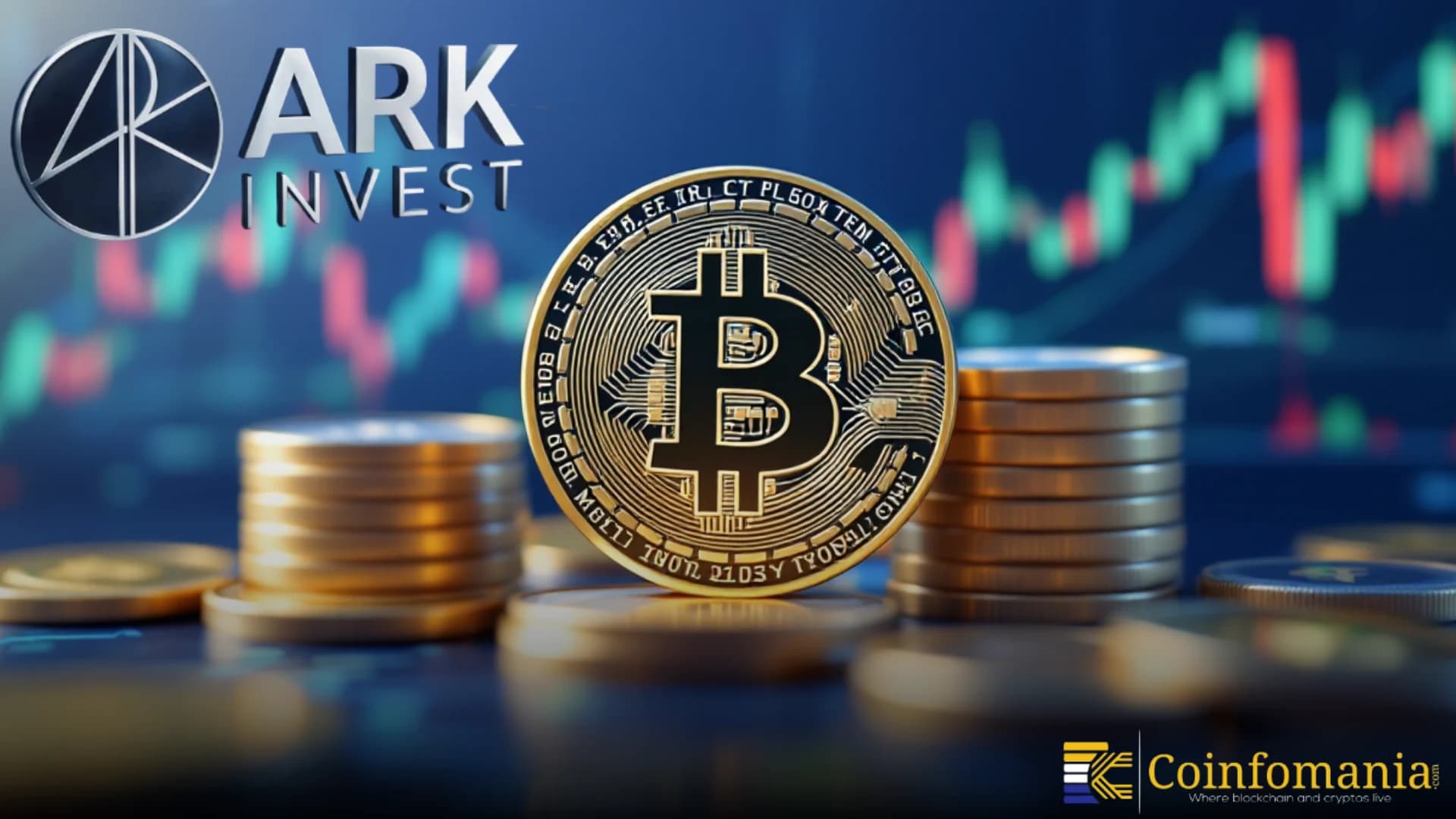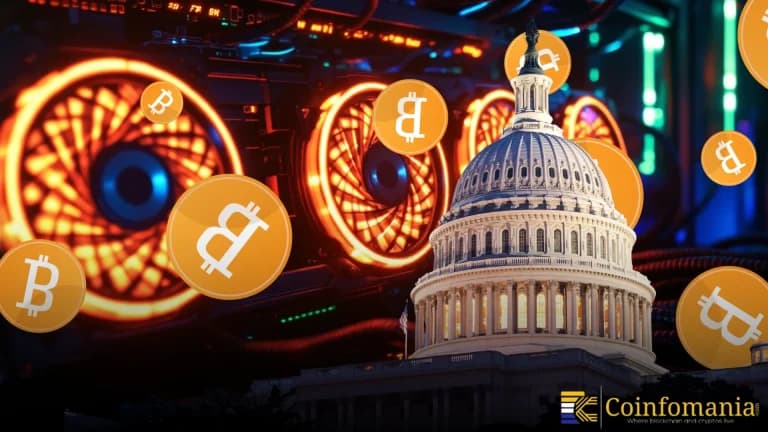Reasons Behind the Bank of Korea’s Decision to Not Hold Bitcoin in Foreign Exchange Reserves
The Bank of Korea mentioned that Bitcoin doesn’t follow the IMF regulations to make it a Foreign Exchange Reserve. The major reason for not considering BTC is market fluctuations.

The Bank of Korea (BOK) stated that it “never considered” introducing Bitcoin into its foreign exchange reserves. This clarification was issued on March 16, after a question by the Democratic Party of Korea Rep. Cha Gyu-geun. Even with the enormous global interest in Bitcoin as an online currency, the central bank remains unconvinced of its financial viability.
Bitcoin’s Volatility Raises Concerns
One of the primary reasons why the Bank of Korea is being cautious is due to the price volatility of Bitcoin. The virtual currency has had its value skyrocket in recent months, reaching 160 million won in January, only to drop to 110 million won within weeks. While most investors are still confident about the long-term value of Bitcoin, the experts warn that the price can drop to zero at any time.
For a central bank tasked with ensuring financial stability, such volatility is a serious issue. The BOK reasserted that Bitcoin volatility would lead to more expensive transactions, especially during times of economic uncertainty when liquidity is extremely important. During times of crisis, selling Bitcoin into cash would be dangerous, expensive, and thus an unrealistic solution for foreign exchange reserves.
Does Bitcoin Meet IMF Standards?
The Bank of Korea (BOK) also pointed out that Bitcoin does not meet the standards set by the International Monetary Fund (IMF) for foreign exchange reserves. As set forth by the IMF, assets that are to be used as foreign exchange reserves must be liquid, very marketable, and denominated in a widely accepted convertible currency with a good credit rating.
Although the mainstream accepts Bitcoin, it doesn’t qualify due to its DeFi system and lack of government support.
Global Perspectives on Bitcoin as a Reserve Asset
While a few nations are more accepting of Bitcoin as a possible financial resource, the dominant global economies are still hesitant. The Bank of Korea (BOK) has admitted that there has been some interest in the potential role of Bitcoin in the financial systems of nations like the Czech Republic and Brazil. Nonetheless, powerful financial organizations like the European Central Bank (ECB), the Swiss National Bank, and the government of Japan have expressly declared resistance to the adoption of Bitcoin in their reserves.
The global debate about Bitcoin as a reserve asset is gaining momentum. Supported by recent reports, U.S. President Donald Trump recently signed an executive order that targets the development of a strategic reserve of Bitcoin. The program is, however, less about government-sponsored purchases of Bitcoins and more about the purchase of Bitcoins through legal means. This indicates that while Bitcoin continues to attract regulatory interest, it is far from establishing itself as an official reserve asset.
BOK’s Firm Stand on Bitcoin’s Role
Bank of Korea categorically rejected discussions and evaluations for the inclusion of Bitcoin in foreign exchange reserves. Its stance remains uncompromising, with a focus on stability and conformance to global financial norms. While Bitcoin is in the limelight and destabilizing the traditional financial environment, the Bank of Korea’s stance mirrors the cautious attitude followed by most central banks around the world.
With the increasing adoption of Bitcoin, the debate on its place in the financial reserves will keep progressing. But presently, the South Korean central bank is committed to conventional financial practices and is opting to shun the volatile nature of Bitcoin.
Follow us on Google News
Get the latest crypto insights and updates.


